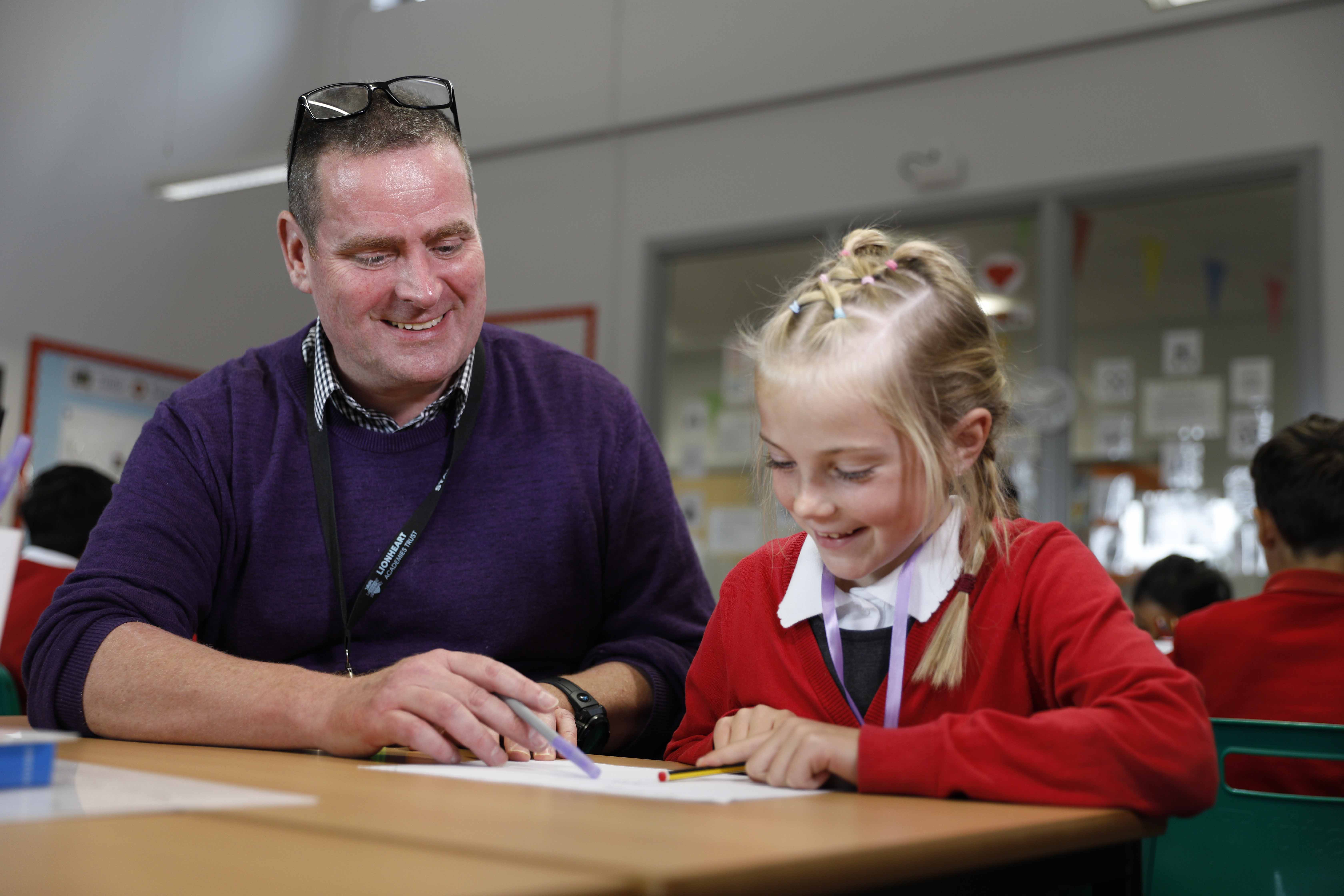
Phonics and Early Reading

At Hallam Fields Primary School, we believe that all our children can become fluent readers and writers. This is why we teach reading through Little Wandle Letters and Sounds Revised, which is a systematic synthetic phonics programme, validated by the DfE. Little Wandle sets expectations of progression that are aspirational yet achievable. The programme ensures children build on their growing knowledge of the alphabetic code, mastering phonics to read and spell as they move through school.
All staff have been trained in this scheme to ensure that we have a consistent approach to supporting our children in this area of the curriculum and giving them the best start to reading and writing.
How we teach phonics
- In EYFS and Year 1, children follow the progression within the Little Wandle programme. Phonics is taught daily and there is a review session on a Friday.
- Phonics starts in EYFS in week 2 to ensure the children make a strong start.
- By the end of EYFS, children will have been taught up to the end of phase 4.
- By the end of Year 1, children will have been taught up to the end of phase 5.
- In the first half of the Autumn term, phonic lessons are taught daily in Year 2 to complete the programme when necessary.
- Any child who needs additional practice has daily Keep-up support (in EYFS, Year 1), taught by a fully trained adult. Keep-up lessons match the structure of class teaching, and use the same procedures, resources and mantras, but in smaller steps with more repetition, so that every child secures their learning.
- Any children in Years 2, 3 and 4 that have gaps in their phonic knowledge receive short, sharp lessons using the Rapid Catch-up These lessons last 15-20 minutes daily and have been designed to ensure children quickly catch up to age-related expectations in reading.
There is a very helpful resources page for parents which will help you support your child with saying their sounds and writing their letters. There are also some useful videos so you can see how they are taught at school and feel confident about supporting their reading at home.

